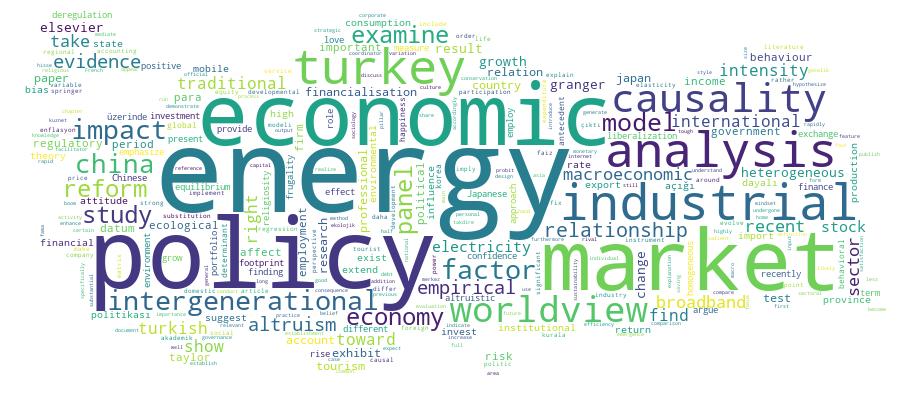Akkemik, Küçük Ali
Loading...

Profile URL
Name Variants
Akkemik, Küçük Ali
K.,Akkemik
K. A. Akkemik
Küçük Ali, Akkemik
Akkemik, Kucuk Ali
K.,Akkemik
K. A. Akkemik
Kucuk Ali, Akkemik
Akkemik, K. Ali
Akkemik, K.A.
Akkemik,K.A.
Akkemik, Ali
Akkemik, K. Ali
K.,Akkemik
K. A. Akkemik
Küçük Ali, Akkemik
Akkemik, Kucuk Ali
K.,Akkemik
K. A. Akkemik
Kucuk Ali, Akkemik
Akkemik, K. Ali
Akkemik, K.A.
Akkemik,K.A.
Akkemik, Ali
Akkemik, K. Ali
Job Title
Doç. Dr.
Email Address
Alı.akkemı[email protected]
Main Affiliation
Economics
Status
Former Staff
Website
ORCID ID
Scopus Author ID
Turkish CoHE Profile ID
Google Scholar ID
WoS Researcher ID
Sustainable Development Goals
15
LIFE ON LAND

0
Research Products
16
PEACE, JUSTICE AND STRONG INSTITUTIONS

0
Research Products
14
LIFE BELOW WATER

0
Research Products
6
CLEAN WATER AND SANITATION

0
Research Products
3
GOOD HEALTH AND WELL-BEING

0
Research Products
17
PARTNERSHIPS FOR THE GOALS

1
Research Products
4
QUALITY EDUCATION

0
Research Products
2
ZERO HUNGER

0
Research Products
10
REDUCED INEQUALITIES

1
Research Products
7
AFFORDABLE AND CLEAN ENERGY

1
Research Products
13
CLIMATE ACTION

0
Research Products
1
NO POVERTY

0
Research Products
9
INDUSTRY, INNOVATION AND INFRASTRUCTURE

1
Research Products
12
RESPONSIBLE CONSUMPTION AND PRODUCTION

1
Research Products
8
DECENT WORK AND ECONOMIC GROWTH

6
Research Products
11
SUSTAINABLE CITIES AND COMMUNITIES

1
Research Products
5
GENDER EQUALITY

0
Research Products

This researcher does not have a Scopus ID.

This researcher does not have a WoS ID.

Scholarly Output
22
Articles
13
Views / Downloads
122/4042
Supervised MSc Theses
3
Supervised PhD Theses
1
WoS Citation Count
300
Scopus Citation Count
343
WoS h-index
7
Scopus h-index
8
Patents
0
Projects
0
WoS Citations per Publication
13.64
Scopus Citations per Publication
15.59
Open Access Source
14
Supervised Theses
4
| Journal | Count |
|---|---|
| Applied Energy | 1 |
| Energy Economics | 1 |
| European Journal of Operational Research | 1 |
| Journal for the Study of Religions and Ideologies | 1 |
| Journal of Behavioral and Experimental Finance | 1 |
Current Page: 1 / 3
Competency Cloud


